-
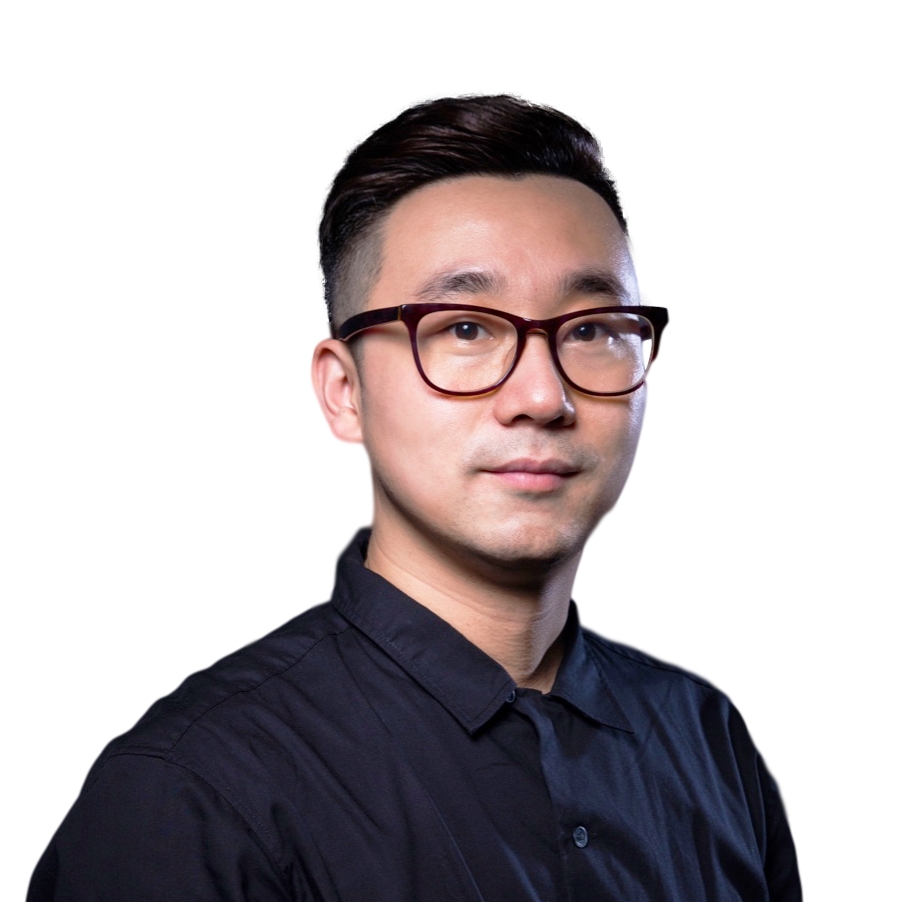 Rui Hao
Tencent T-Gideas
Senior Visual Designer
Rui Hao
Tencent T-Gideas
Senior Visual Designer
Currently working in TG-ideas(official design team of Tencent Games), his work mainly covers visual communication, brand design, creative direction, printing and other related fields. He has been working in Tencent since 2014. His personal works have been published in "Packaging" and "Design 360", recommended by Behance editors, and many honors in the company. Graduated from MA Graphic Design of UAL (London College of Communicaiton).
He pays close attention to problem solving、conception deliver and design deducing by using tools and methods.
Creative Methods to Analyze Brand Visual Packaging
Build a brand, run an event, and use visual packaging as a touch point to continuously build brand influence. This workshop. The speaker will focus on the practice of brand visual design, and discuss the effective concept transfer with the participants, as well as brand design and visual packaging with recognition and memory points. The discussion of the above issues will inspire brand visual designers to improve their professional knowledge system, expand their thinking, learn new working methods, and better demonstrate the value of design.
Through the workshop, participants will learn the routines and methods of brand visual packaging. Through discussion and communication and interactive exercises, we will help us solve business problems encountered in daily design. In terms of functions, aesthetics, creativity, expression, humanities, etc. Can extend more exciting ideas.
The specific content of the workshop includes an overview of brand visual packaging: basic concepts, project type division, and systematic thinking:
1、Basic concepts: some concepts introduced
1.1 Word-of-mouth effect: The establishment of a brand is word-of-mouth (intangible assets, word-of-mouth, reputation, credit, etc.), which requires the use of design methods and continuous output under consistent and standardized guidelines. After a certain period of time (Form a certain effect, win more audiences and larger markets, word of mouth will also become the brand's last protective film at critical moments);
1.2 contextual meaning: design first solves the problem of information carrying and transmission (avoid invalid design, pay attention to the accuracy of information transmission, and speak the right way);
1.3 Design rhetoric: Design is storytelling (try to tell a story visually, there is logic in the story, and logic makes design more reasonable, and fun is not a bad thing at any time, attract more people to see talent Enlarge the value of design);
1.4 Culture symbol: Commercial design is not just commercial (try to explore and carry more. In addition to commercial purpose and artistic aesthetics, you can also integrate cultural consumption, current affairs hotspots, etc., many practical routines, such as salute, buried, stubborn Hot spots are all this reason).
2、Systematic thinking: methodology (working model)
2.1 Conceptual packaging stage: model (find good concepts and proper contextual meaning through "disassembly and divergence" and "reorganization and reorganization" of background information);
2.2 Visual creative stage: Onion model (take "brand lineage" as the core point, find a "cultural symbol" that can be combined, and finally carry out "visual rhetoric" in design techniques);
2.3 The linearized execution path of the above model.
3、Project type division: case analysis
3.1 Through a large number of exclusive Tencent cases, including brand design, event packaging, conference and event packaging, platform brand building, marketing ideas, etc., the usability of the working model is verified.
3.2 The brands involved in the case but not limited include: Tencent Games, Tencent Gaming, Tencent New Cultural and Creative Ecology Conference, Tencent Animation, gwb Games Unbounded, TGDC Game Developers Conference, Tencent Design Week, etc.
4、Interactive link (link design in progress)
Through the interactive link, deepen the understanding of knowledge points, the ease of use of the measured working model, etc., and further explore the exchange experience.
5、Summary:
Some people say that designing mainly depends on talent and feeling. In fact, there can be some routines (inspiration can be traced);
Some people say that Party A only looks at personal preferences. In fact, when people lack the conditions for rational decision-making, they will rely on feelings or roll the dice (good design can withstand scrutiny);
Some people say that design is more experience than method. In fact, the experience of others is not easy to master, but most methods can be used universally.
1、Warm field-workshop introduction: introduce some related backgrounds, initiate the original intention of this sharing, and bring topics into the topic;
2、Discovery-Focus on issues: further explore the problems and opportunities encountered in vertical fields, and set industry benchmarks and development directions through analysis;
3、Theory-core methods: discovery, thinking, and introduction of methods;
4、Re-examination-case verification: verify the applicability of the method through a series of personal experience cases;
5、Practical interaction: grouping propositions to help participants enhance their understanding of concepts and methodological experiences;
6、Summary and review: Plan to focus on deepening the impression.
1、Brand designer and art director;
2、Brand manager and design manager;
3、Visual designer;
4、Creative planning in the team;
1、Help middle-level or senior designers establish professional knowledge system;
2、Conscious attention, or part of the practical research and design methods;
3、Improve the competitiveness of brand visual designers in the future workplace;
-
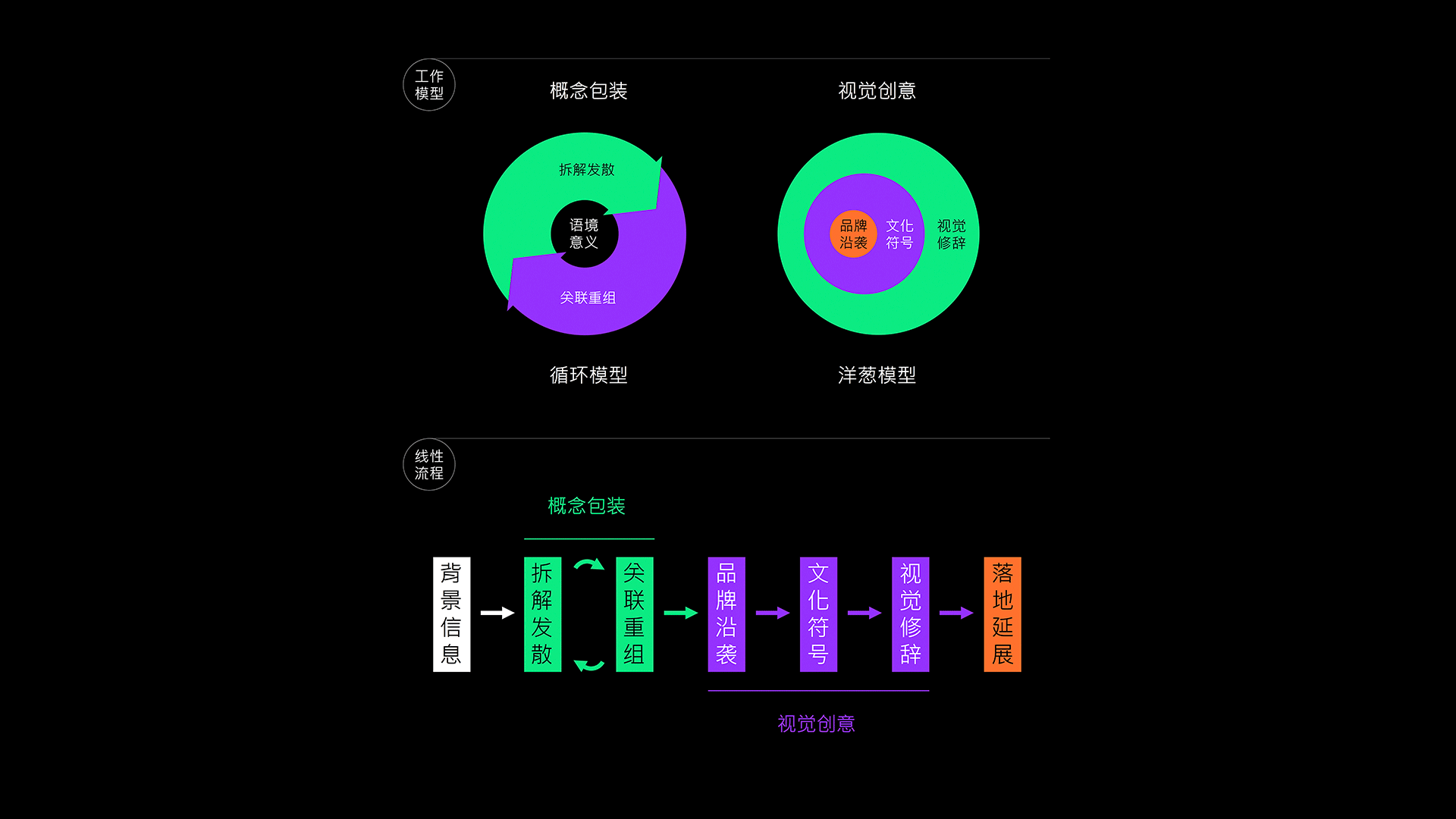 Design method
Design method
-
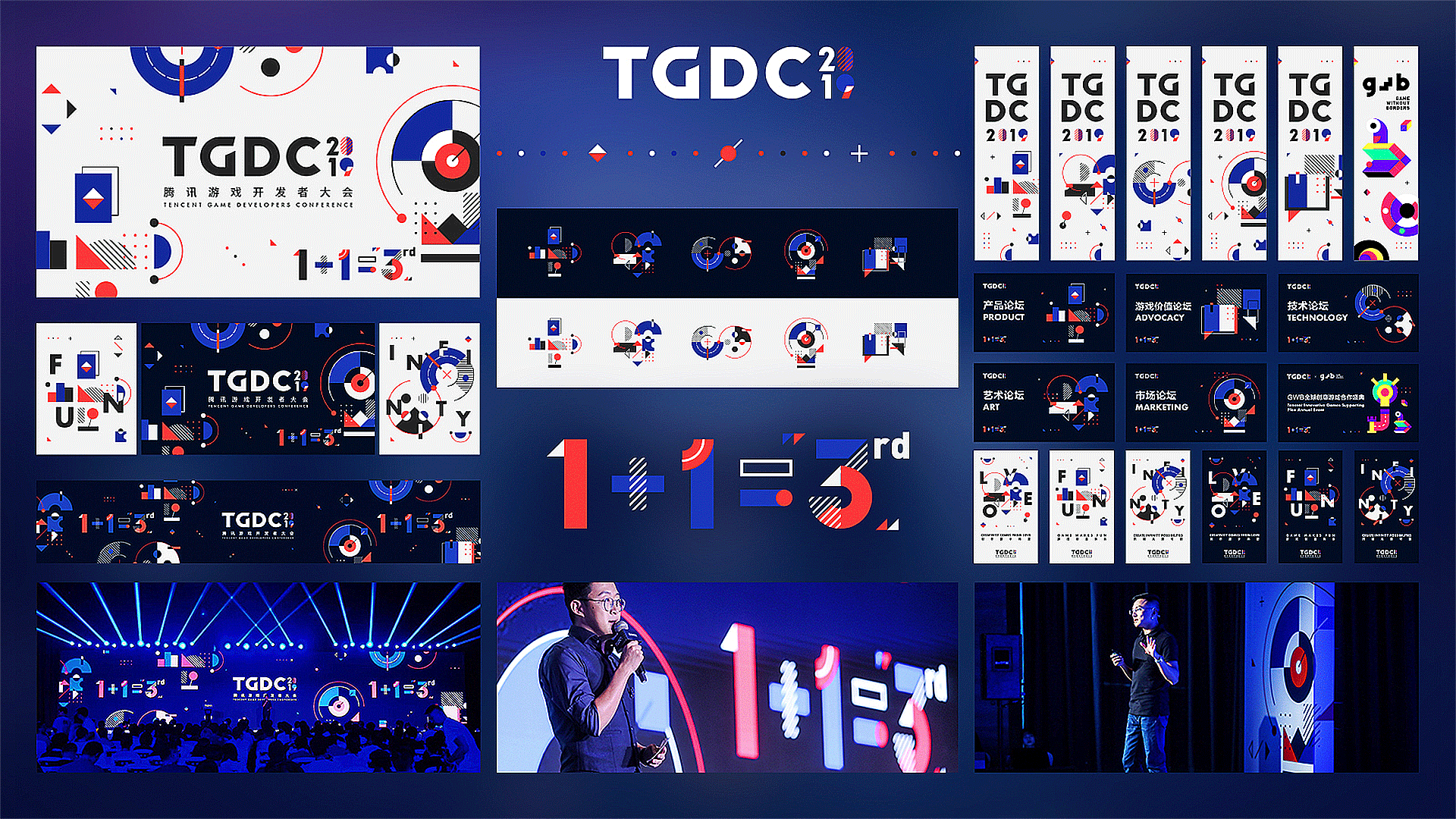 Design works
Design works
-
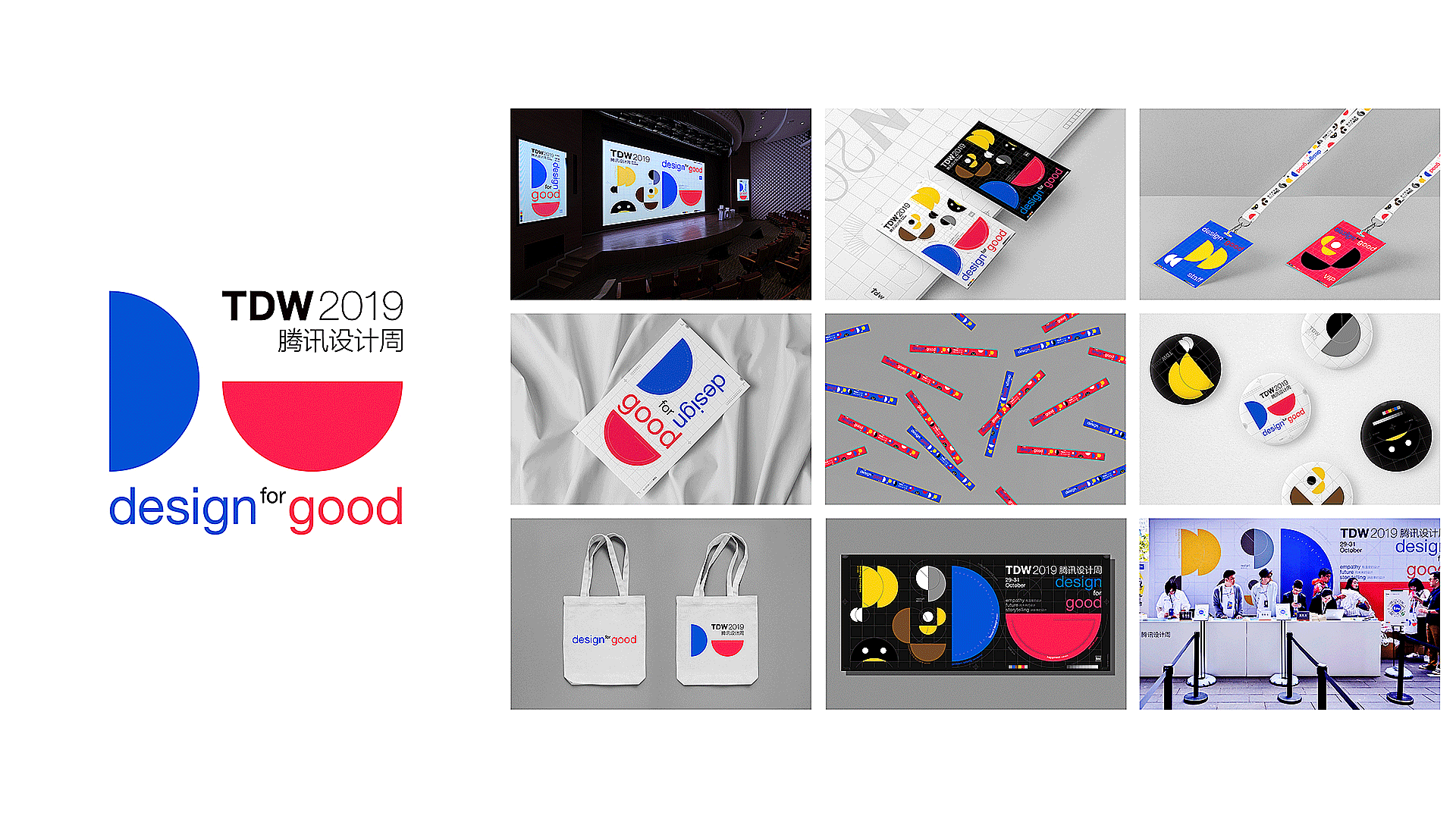 Design works
Design works
-
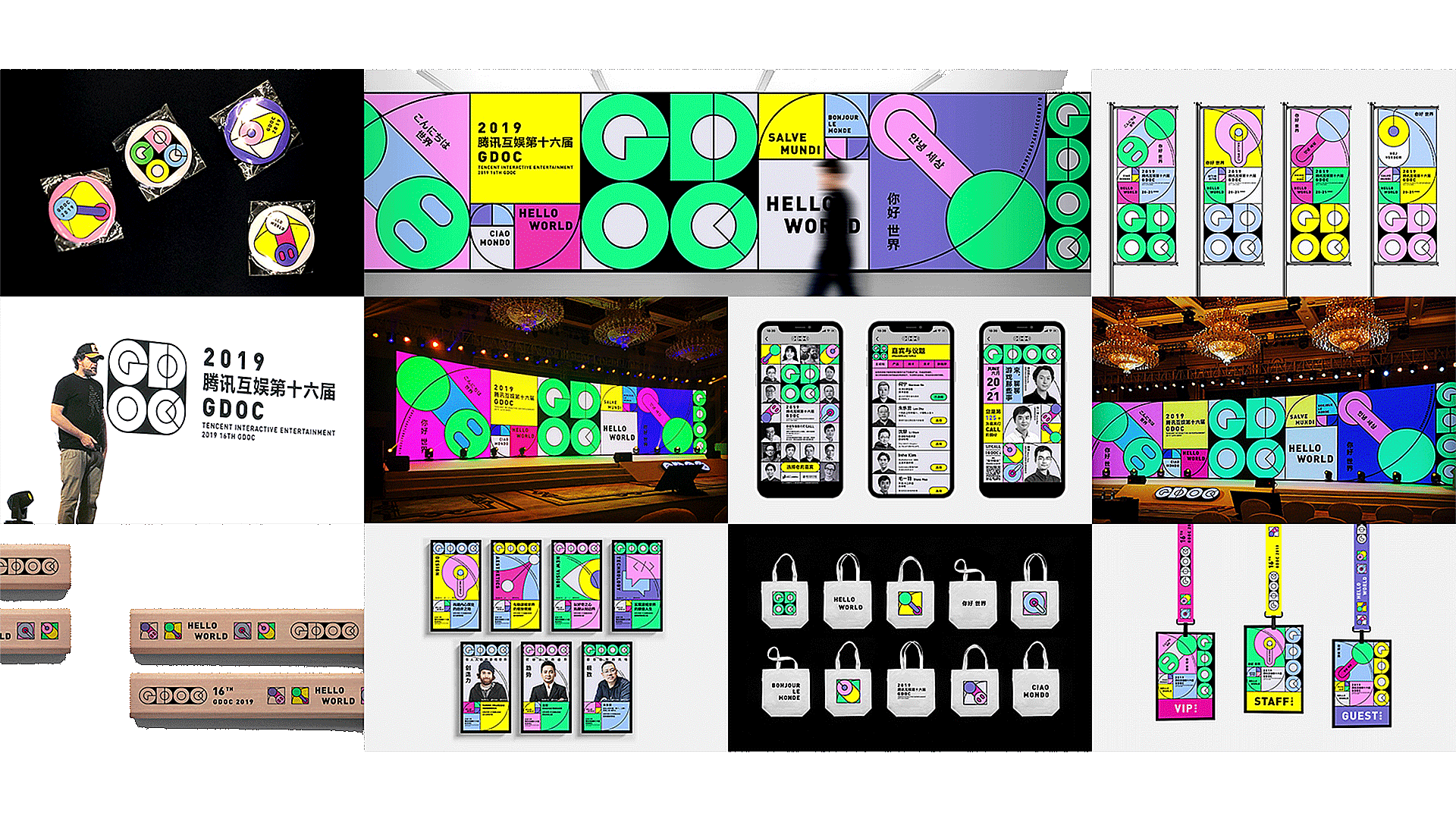 Design works
Design works
-
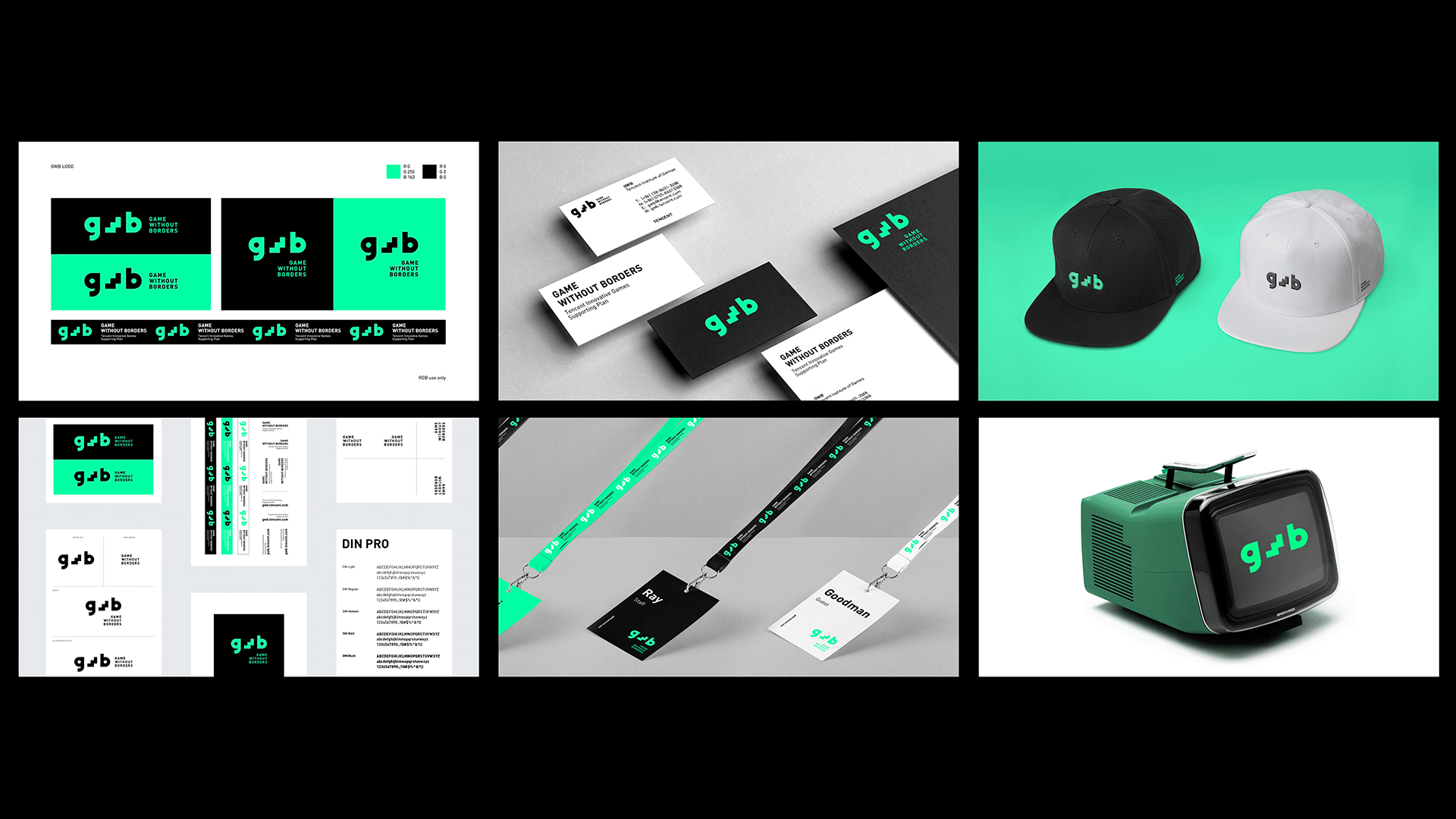 Design works
Design works
-
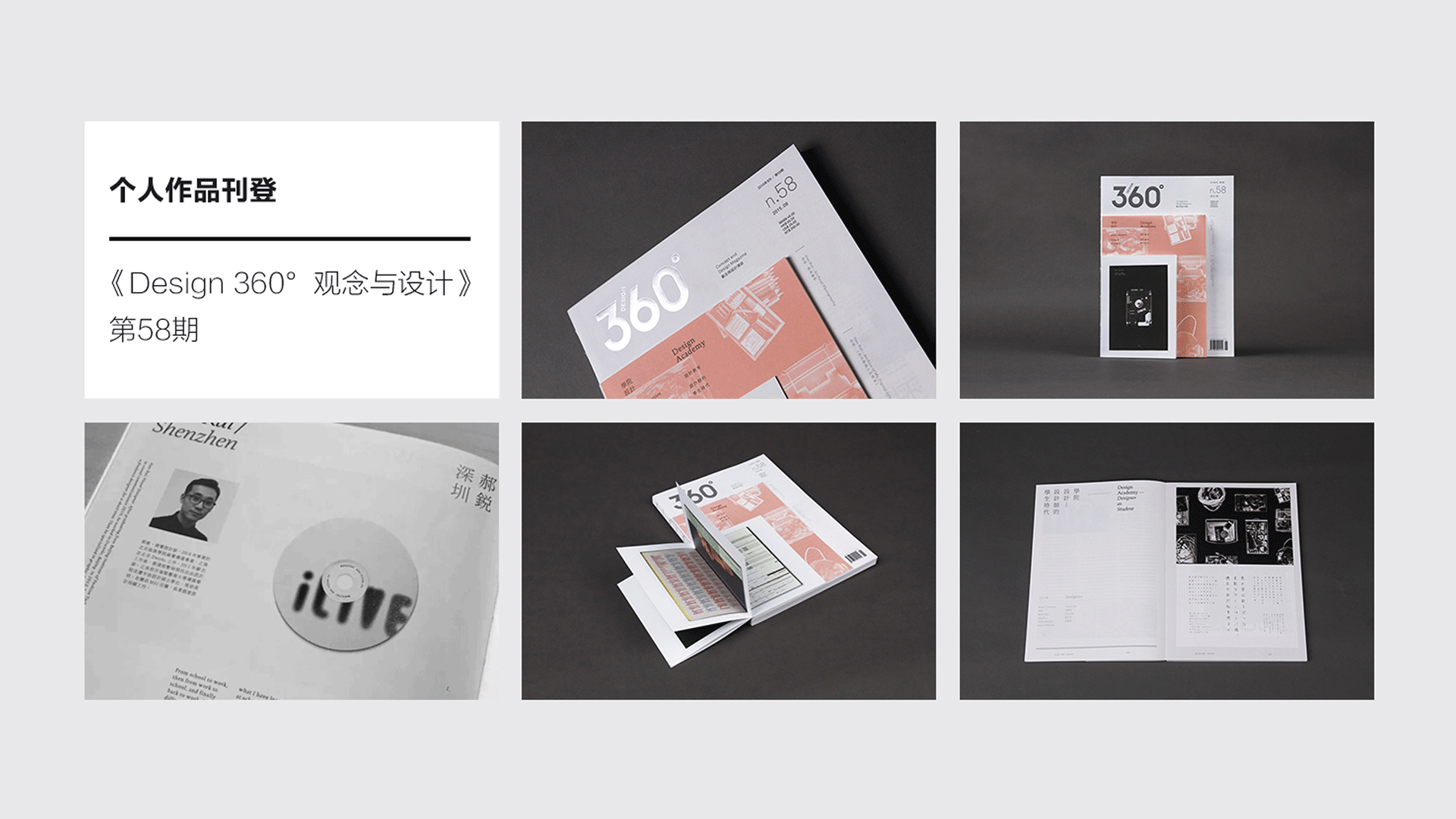 Design works
Design works
-
 Design works
Design works
-
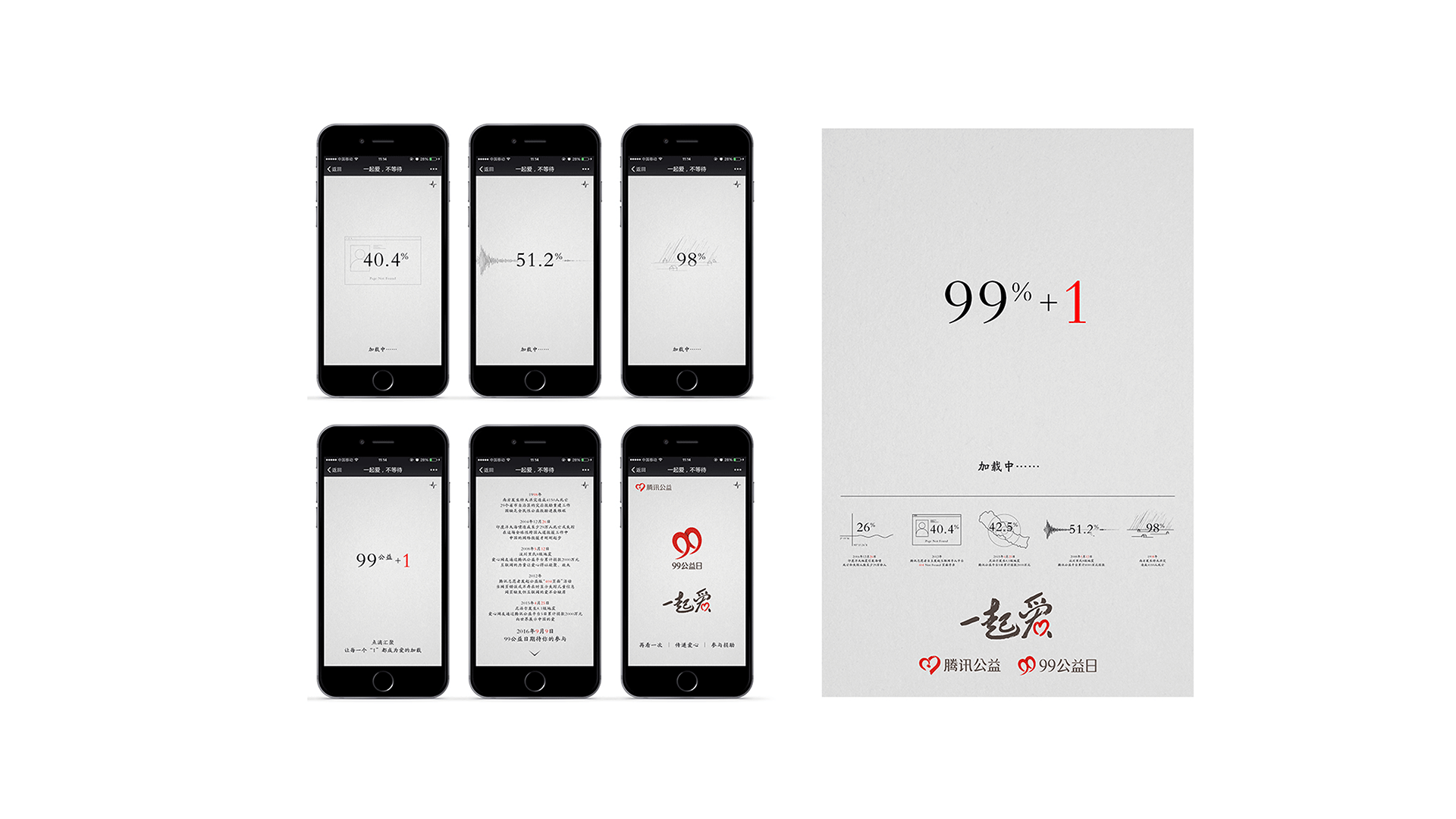 Design works
Design works







